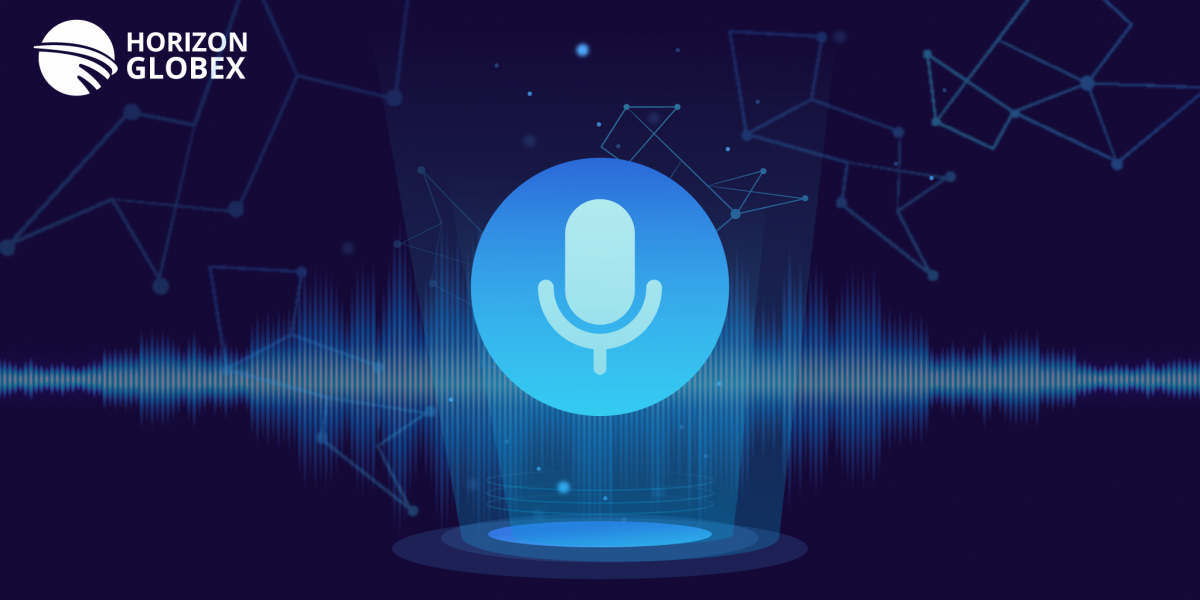By Sandra Quinn
Homes, offices and educational facilities are filled with voices, but sometimes not the human ones we expect – these voices are more than likely coming from the Google assistant on Android, Apple’s Alexa, Amazon’s Echo and other virtual technological assistants, but do we sometimes confuse these voices with human ones or give them more power?
How often have you asked a friend or loved one a question only to second guess their answer by telling them you are going to double check their fact on Google or that you will ask Alexa, Siri, Cortana, Echo or Erica?
Going further than that, do we sometimes not bother to ask the person next to us a question, instead opting to rely on our little tech assistant or looking something up online.
This kind of technology at our fingertips makes life a lot easier, particularly for research or fact-checking. Gone are the days of poring over an encyclopedia, hibernating out in a library for weeks on end to complete a complex academic paper or interviewing countless resources to write the perfect human interest news feature.
Now, it is simply a case of click and go, or in the case of these wonderful assistants, ask and you shall receive.
In the world we live in today, there are cameras, microphones and location services in almost every one of our personal devices – while these are all useful features, perhaps we need to give a bit more thought to the permissions which we allow for different apps. Have you blindly clicked ‘Accept’ or ‘Allow’ just to get to the screen you want? When you check you might see that you have in fact just allowed the app to record audio without you knowing, capture images, save your contacts and more.
While you can alter these settings and change app permissions, the one thing to remember about a technology-enabled assistant, is that you may want to call on them at any time, anywhere, which means that they more than likely have 24/7 access to your camera, microphone, location and much more.
In a recent article for fastcompany.com, Professor Heather Woods, a professor of rhetoric and technology at Kansas State University, looked at the benefits and drawbacks of having such technology constantly tuned into our personal and professional lives.
Here are some of the main benefits she found;
- Things like mundane chores, shopping lists, reminders and much more can now all be automated without lifting a finger.
- Having a smart home can improve accessibility and convenience for the elderly or those with disabilities.
- You can increase your home security by having a device constantly tuned into whether or not your home and/or family are safe and secure.
On the other side of the coin, here are some of the drawbacks she found;
- Associated security risks with always having a microphone or camera on and listening to your every utterance or capturing your every move.
- In a way, you are giving away a lot of precious personal data to a large company for free and without asking any questions.
- Unsecured smart home systems could also be a breeding ground for hackers.
- Some of these devices are not fantastic at distinguishing voices and some have been known to order products based on TV voices, children’s commands or background noise.
- An over-reliance on these products can have a serious impact on your life.
Armed with this information, you can now make an informed decision about whether or not you want to have this kind of technology in your daily life, how necessary it is and whether you should just use it yourself or have it available for all the family.

